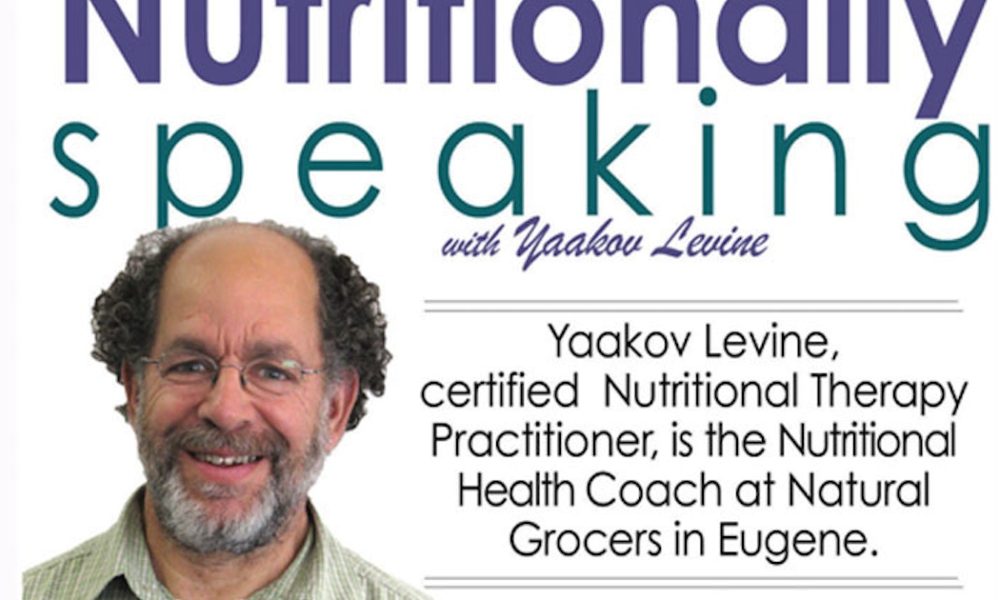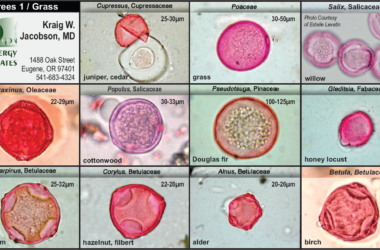
I regularly hear testimonials from people letting me know how much they enjoy their kombucha drinks. Some of them drink this electrolyte rich beverage when they are thirsty, hot and sweaty after a workout, others just enjoy the taste. They usually, however complain about the price of the 16 oz. bottles…almost $4 each. I am often asked if this is something that they can make themselves…could I send a recipe. I have been making my own kombucha off and on for a few years at a cost of around $4 to $5 for a gallon, so I thought I would share a recipe, some tips, and encouragement to yes, try this at home.
Fermenting or culturing our foods not only preserves foods or beverages but also will support our general health and well-being. Friendly bacteria from fermented or probiotic (meaning ”for life”) foods and beverages are helpful for a whole number of bodily functions. These microbes help our white blood cells fight infection, provide nutrients needed to build blood, prevent constipation and diarrhea and colonize the gut to prevent yeast over-growth as seen with Candida albicans. Healthy bacteria in these cultured foods are involved in production of the B vitamins, including vitamin B-12 that is needed for nerve health and metabolism of carbohydrates, proteins and fat in our diet. With kombucha, there is added value from the many health protective nutrients that are present in the teas used as part of the brewing process.
Kombucha is a simple beverage made up of only five ingredients. The commonly known ingredients are tea, sugar, and (un-chlorinated) water. The other two are the starter liquid (kombucha) and the SCOBY, which stands for Symbiotic Colony of Bacteria and Yeast. The brewing process takes around five to10 days (depending on the room temperature) and a new ”baby” is formed, you just peel it off of the top of the original SCOBY and share with a friend that may want to make their own, and we do have Kombucha kits at Natural Grocers.
Home kombucha brewers have shared with me the many reasons they make their own. The reason I hear most is the cost of purchasing their daily bottle just adds up. While this beverage, costing between $3 to 4 per bottle was great for their health it was hard on their bank accounts. Since the SCOBY will grow a new ”baby” as it ferments each batch, it is usually easy to find one for free. Even if you purchase a SCOBY, with the cost of the other ingredients (tea and sugar) you can brew a gallon for much less than the cost of that 16 ounce bottle at the store.
Many home Kombucha enthusiasts will use a glass one gallon or larger cookie jar, available at stores that carry kitchen supplies. The wider the opening is – the better.
One Sample recipe:
1 gallon chlorine-free filtered water
1-2 cups sugar
6-8 tea bags or 8 tbsp. loose tea (green or black) *
2 cups brewed (unflavored) kombucha (save the bottle to dispense your own brew)
1 SCOBY (aka: kombucha mother)
(Yields about a gallon)
* for a decaf version, put your tea bags in a bowl, add hot water to cover, and drain this tea water off after 30 seconds, and then add these decaffeinated bags to the sugar water to steep…..most of the caffeine will be in this first brew, and your ‘bucha will be decaf.
Heat the water to boiling, then add the sugar and stir until the sugar is melted Add tea and let steep at least 10 minutes, allow to cool and then pour into your container. Add your kombucha and place the SCOBY on top…it should float. Cover with a clean dry cloth (tee-shirt material) held in place by a rubber band and place away from other food preparation and fermenting projects to avoid cross-contamination (I put my container on top of the fridge). Once the kombucha reaches the taste you prefer, you can use the SCOBY for your next batch, storing your finished product in the fridge. Do try this at home…it is really simple. Enjoy!
At Natural Grocers in Eugene, where I am the store’s Nutritional Health Coach, we offer free classes that include plenty of information about healthy eating choices, and free one-on-one health coaching sessions (call 541-345-3300). Please “like” our Natural Grocers-Eugene Facebook page. Find our store’s schedule of free classes at: https://www.naturalgrocers.com/store-location/eugene/.







